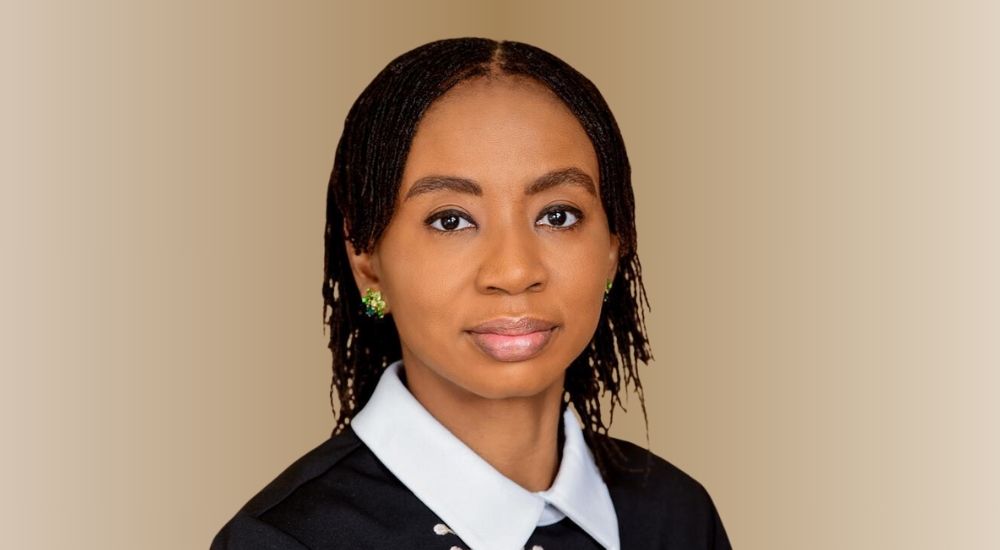OpenAI filed a countersuit against Elon Musk on Wednesday, accusing the billionaire entrepreneur of a sustained campaign of harassment and interference aimed at derailing the company’s transition to a for-profit structure.
The legal move comes as tensions escalate between the two former co-founders over the future direction of one of the world’s leading artificial intelligence firms.
In court documents filed in the U.S. District Court for the Northern District of California, OpenAI urged a federal judge to block Musk from continuing what it described as “unlawful and unfair” actions. The company alleged that Musk had engaged in a pattern of attacks—including public smears, legal maneuvers, and a failed bid to acquire OpenAI’s assets—as part of a personal crusade to disrupt its progress.
“Through press attacks, malicious campaigns broadcast to Musk’s more than 200 million followers on the social media platform he controls, a pretextual demand for corporate records, harassing legal claims, and a sham bid for OpenAI’s assets, Musk has tried every tool available to harm OpenAI,” the company wrote in its filing.
OpenAI asked the court to hold Musk accountable for damages and prevent him from launching further efforts to interfere with its operations. The dispute stems from Musk’s lawsuit filed last year, in which he accused OpenAI and CEO Sam Altman of abandoning the startup’s original nonprofit mission of developing AI for the benefit of humanity.
Musk, who cofounded OpenAI in 2015 but left the organization before its rise to prominence, has since launched his own AI venture, xAI, in 2023. The Tesla and SpaceX CEO has been a vocal critic of OpenAI’s shift to a capped-profit model, a move the company says is essential to securing up to $40 billion in new funding by the end of the year.
In a statement to Reuters, Musk’s attorney Marc Toberoff referenced a $97.4 billion unsolicited takeover bid made earlier this year by a Musk-led group—an offer OpenAI rejected. Toberoff claimed that OpenAI’s board failed to properly consider the proposal: “Had OpenAI’s board genuinely considered the bid as they were obligated to do, they would have seen how serious it was. It’s telling that having to pay fair market value for OpenAI’s assets allegedly ‘interferes’ with their business plans.”
OpenAI fired back in a post on X (formerly Twitter), the social media platform owned by Musk: “Elon’s nonstop actions against us are just bad-faith tactics to slow down OpenAI and seize control of the leading AI innovations for his personal benefit.”
The legal battle is set to culminate in a jury trial scheduled for spring next year.
Musk’s xAI has been growing rapidly, most recently acquiring X in a deal that valued the platform at $33 billion. The merger gives xAI access to a vast distribution network and allows co-investors in X to benefit from the AI firm’s valuation.
Meanwhile, OpenAI continues to defend its transformation into a profit-seeking entity, arguing that the scale and cost of AI development demand large investments that nonprofit structures can’t support.
CEO Sam Altman has maintained that the company’s mission remains intact and that Musk’s lawsuits are intended to undermine a major competitor in the AI race.








